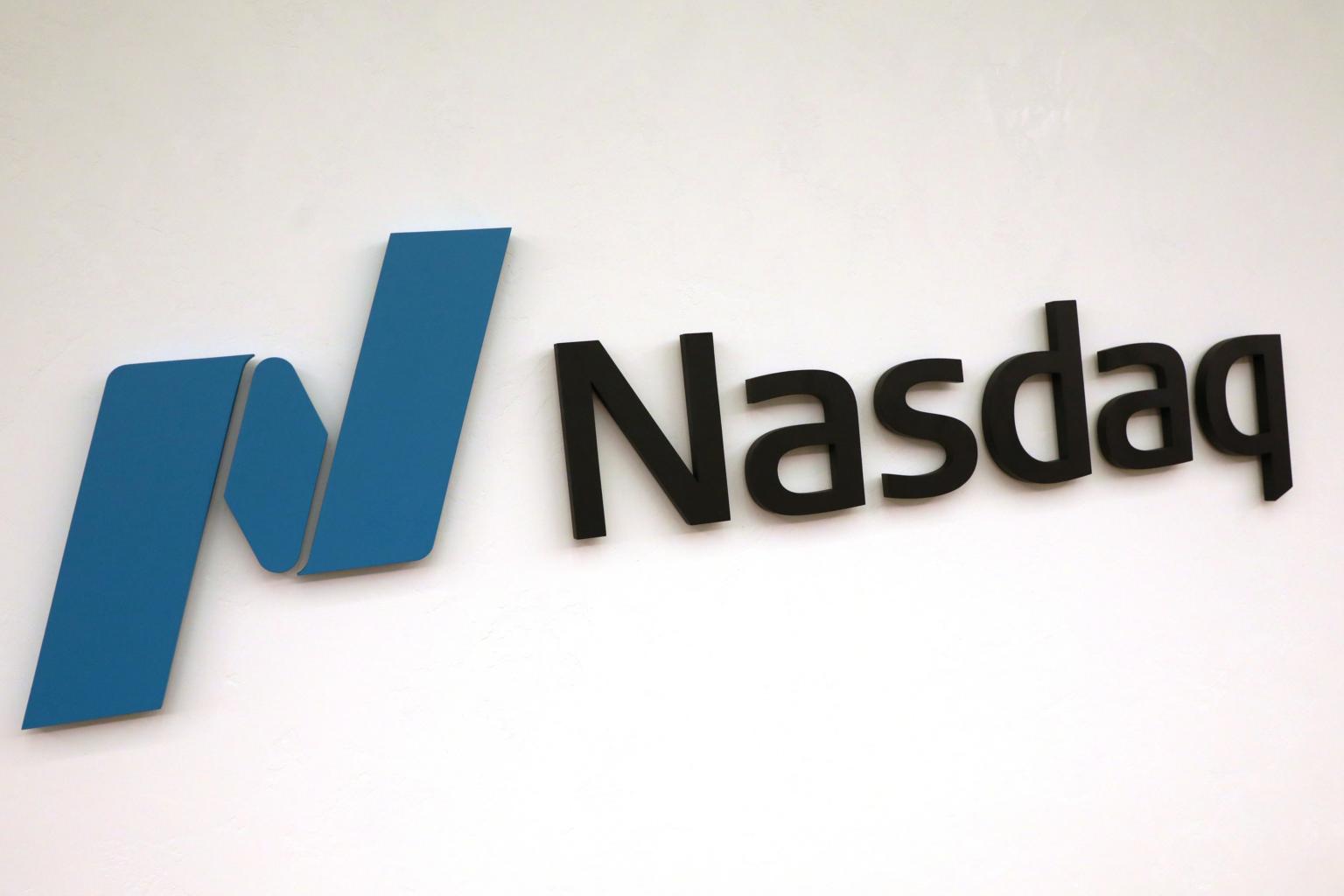Nasdaq to tighten listing rules, restricting Chinese IPOs: Sources
Sign up now: Get ST's newsletters delivered to your inbox

This is the first time Nasdaq has put a minimum value on the size of IPOs.
PHOTO: REUTERS
Follow topic:
NEW YORK (REUTERS) - Nasdaq Inc is set to unveil new restrictions on initial public offerings (IPOs), a move that will make it more difficult for some Chinese companies to debut on its stock exchange, people familiar with the matter said on Monday (May 18).
While Nasdaq will not cite Chinese companies specifically in the changes, the move is being driven largely by concerns about some of the Chinese IPO hopefuls' lack of accounting transparency and close ties to powerful insiders, the sources said.
At a time of escalating tensions between the United States and China over trade, technology and the spread of the novel coronavirus, Nasdaq's curbs on small Chinese IPOs represent the latest flashpoint in the financial relationship between the world's two largest economies.
Nasdaq also unveiled some restrictions on listings last year, seeking to curb IPOs by small Chinese companies. Their shares often trade thinly because most stay in the hands of a few insiders. Their low liquidity makes them unattractive to many large institutional investors, to whom Nasdaq is seeking to cater.
The new tightening of the listing standards reflects the bourse operator's ongoing concerns about some Chinese companies seeking US IPOs. Last month, Luckin Coffee, which had a US IPO in early 2019, announced that an internal investigation had shown its chief operating officer and other employees fabricated sales deals.
The new rules will require companies from some countries, including China, to raise $25 million in their IPO or, alternatively, at least a quarter of their post-listing market capitalization, the sources said.
This is the first time Nasdaq has put a minimum value on the size of IPOs. The change would have prevented several Chinese companies currently listed on the Nasdaq from going public. Out of 155 Chinese companies that listed on Nasdaq since 2000, 40 grossed IPO proceeds below $25 million, according to Refinitiv data.
Small Chinese firms pursue these IPOs because they allow their founders and backers to cash out, rewarding them with US dollars they cannot easily access because of China's capital controls. The companies also use their Nasdaq-listed status to convince lenders in China to fund them and often get subsidies from Chinese local authorities for becoming publicly traded.
The proposed rules will also require auditing firms to ensure that their international franchises comply with global standards, the sources said. Nasdaq will also inspect the auditing of small US firms that audit the accounts of Chinese IPO hopefuls, the sources added.

